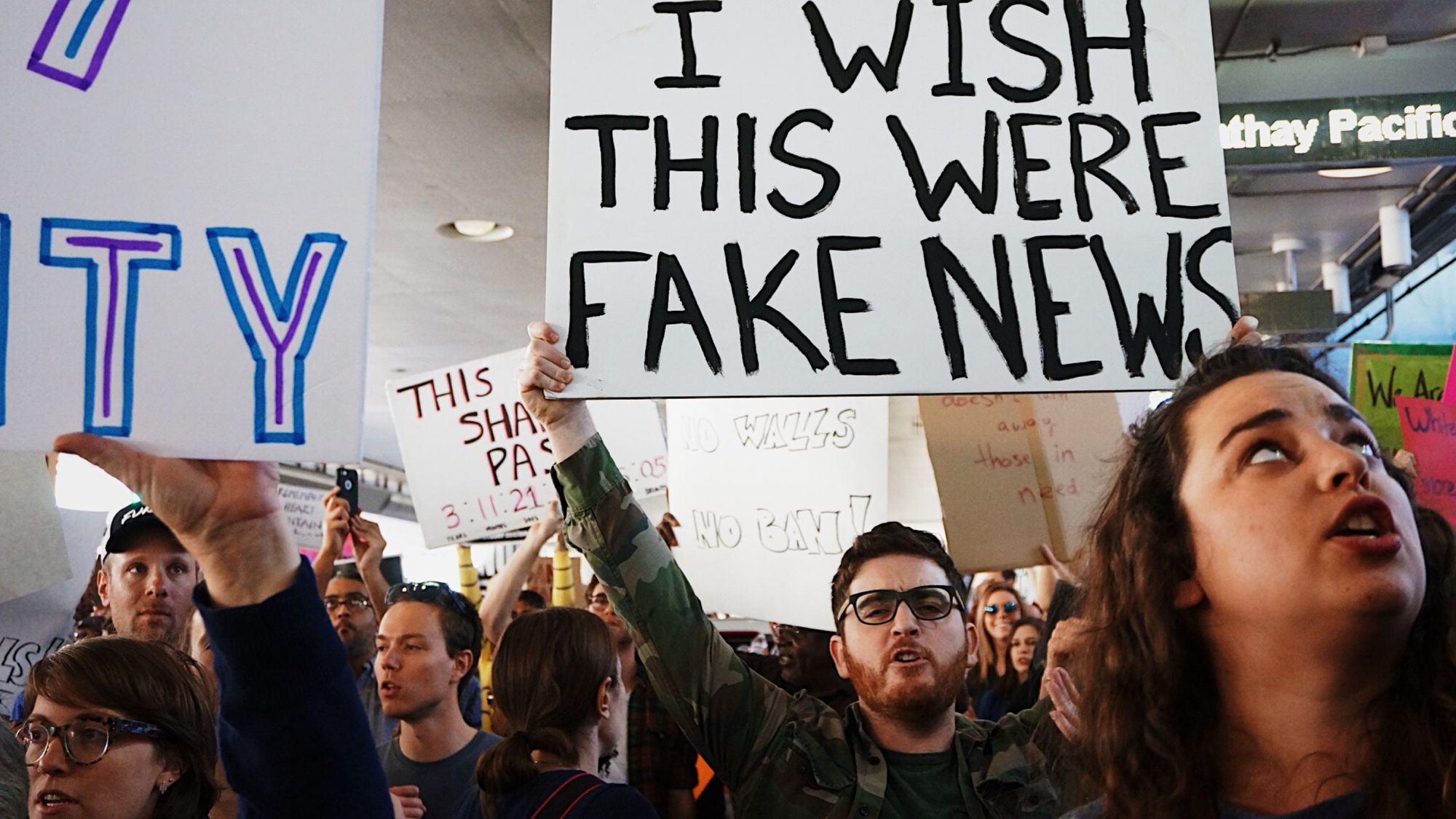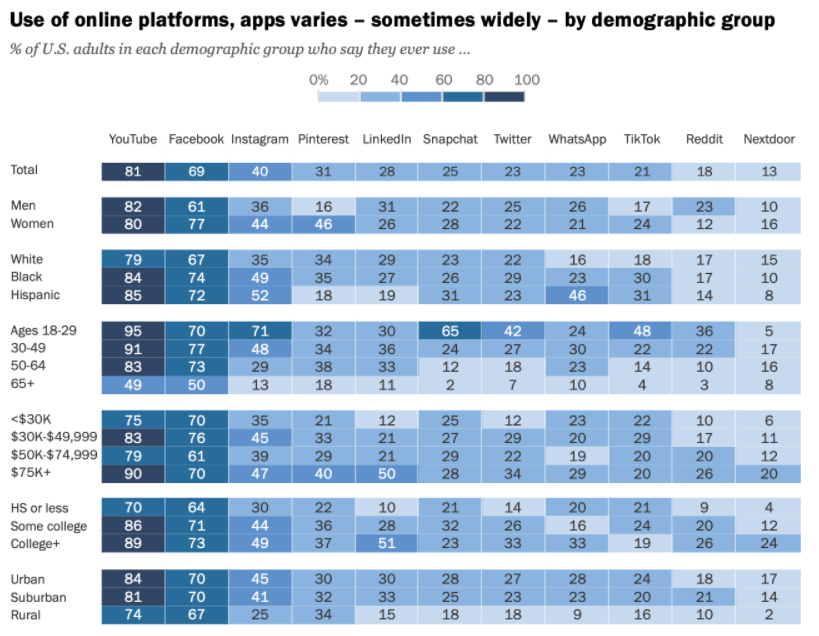Facebook Shuns Trump, Subs vs. Ads, Peak Social?

Facebook's Trump Ban: Who Gets to Speak Online?
The world's most important political debates are now happening on social media. Over the past several weeks, for example, Indian Prime Minister Modi sought to silence social media critics attacking his handling of COVID. Prior to his ouster, Trump routinely governed on Twitter, making government policy announcements through the site. After the January 6 riots, he was "deplatformed." Facebook's "Oversight Board" reviewed that decision and announced the ban would stand but must be revisited in six months. The body was also critical of Facebook handling of the matter. Those on the left cheered; right-wing politicians decried it as more "anti-conservative bias."

Our take:
- These are companies primarily in the business of "maximizing shareholder value," but they have an outsized impact on politics and public life.
- Who gets to speak is part of the larger debate about content moderation and speech. Social sites can now do basically what they want.
- Social media has become the de-facto "public square." Is regulation in order and what precisely would be regulated – content, process?
Dueling Models: Subscriptions vs. Ads
Subscriptions and ads aren't technically in opposition. For years people subscribed to cable TV, newspapers and magazines, which all had ads. But the subscription model has become a go-to alternative to ads (commerce is another). Because meaningful ad revenue requires scale, more publications have paywalls. There are lots of new subscription content offerings, with more coming (e.g., Twitter just bought Scroll). The general appetite for ad-free content is also growing, though people have many motivations for subscribing to content or "creators." In parallel, a new report argues consumers are willing to pay for privacy. It doesn't directly address advertising but data capture/profiling for targeting purposes is the subtext.
Our take:
- Consumers conceptually recognize ads subsidize content, but a large percentage don't want to be "tracked and targeted."
- The cookiepocalypse, privacy changes and increasing antipathy toward "personalized advertising" are fueling the rise of subscriptions.
- Yet, as subscriptions grow so does "subscription fatigue" (particularly for streaming). Subscription budgets aren't elastic; most people won't pay.
Survey: Peak Social and Demographic Differences
A little less than three-fourths (72%) of Americans say they use social media, according to Pew. Based on a survey of 1,500 adults, it found YouTube is the most widely used social site, then Facebook. Social platform growth is flat (five years), except for YouTube and Reddit, and TikTok, which wasn't measured before. The major daily sites are Facebook, Snapchat and Instagram. Then there are the demographics. Hispanic and Black Americans use Instagram more than Whites. WhatsApp is also more Hispanic. LinkedIn users tend to have higher education levels. Pinterest is used by more women. There's almost no rural use of Nextdoor. And for those under 30, it's Instagram, Snapchat and TikTok.

Our take:
- The lack of overall audience growth (past five years) suggests we've probably reached "peak social."
- Yet the market isn't totally saturated, see TikTok and Clubhouse (although Clubhouse's audience may be in decline).
- The demographics are somewhat surprising and partly enable all these sites to co-exist.
Recent Analysis
- April roundup of Near Media analysis and podcasts.
- Latest podcast: Amazon profits, Yelp's predicament, Apple's tracking paternalism.
Short Takes
- Surprise rumor: Apple working on a foldable phone.
- Lots at stake for App Store future in Epic v. Apple.
- Amazon made €44 billion ($52.8 billion) in 2020 but paid no taxes.
- E-commerce fraud is $20 billion and growing.
- Some featured snippets links are really search-query refinements.
- Content plug-in Disqus fined for collecting user data without consent.
- Poll: 47% of iOS users would allow Facebook to track/share their data.
- SMB SaaS project/invoicing tool HoneyBook raises $155M more.
- Overexposed Gary Vaynerchuk thinks TikTok is a "must" for SMBs.
- C-store Circle K introduces monthly beverage subscription.
- Uber Eats partners with GoPuff for delivery of "everyday essentials."
Please let us know what you think. Email gsterling@nearmedia.co with suggestions and recommendations.

